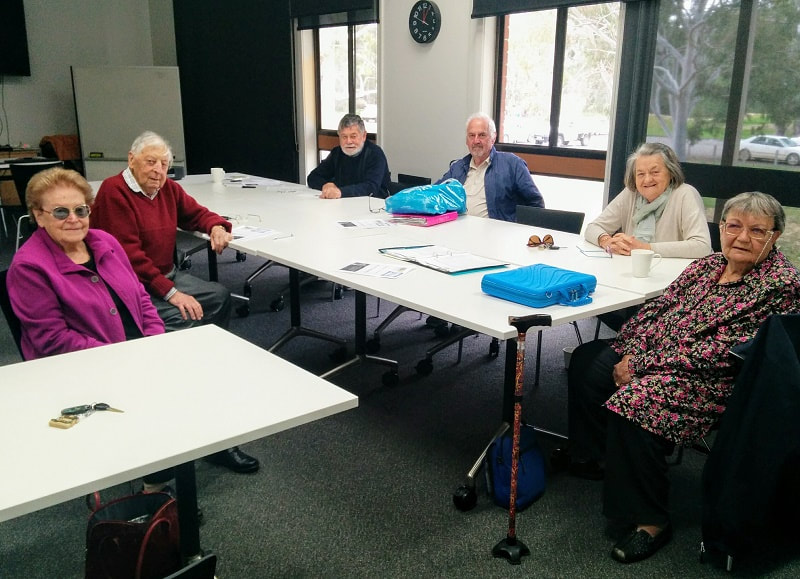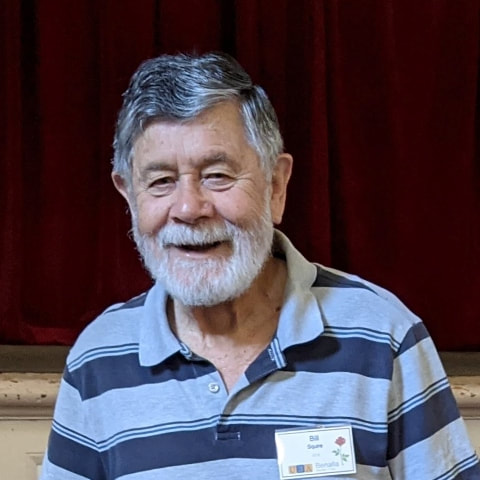Both sessions in September were given over to exploring Tchaikovsky’s music. When it came to choosing which works would best illustrate his musical life given the time available, perhaps that could be described, too, as an exercise in ‘Russian Roulette’.
You can read about our choices on the U3A Music Appreciation in these links to the class notes where also you will find YouTube links to the musical selections:
Class Notes: 13th September
Class Notes: 27th September
Bill Squire



